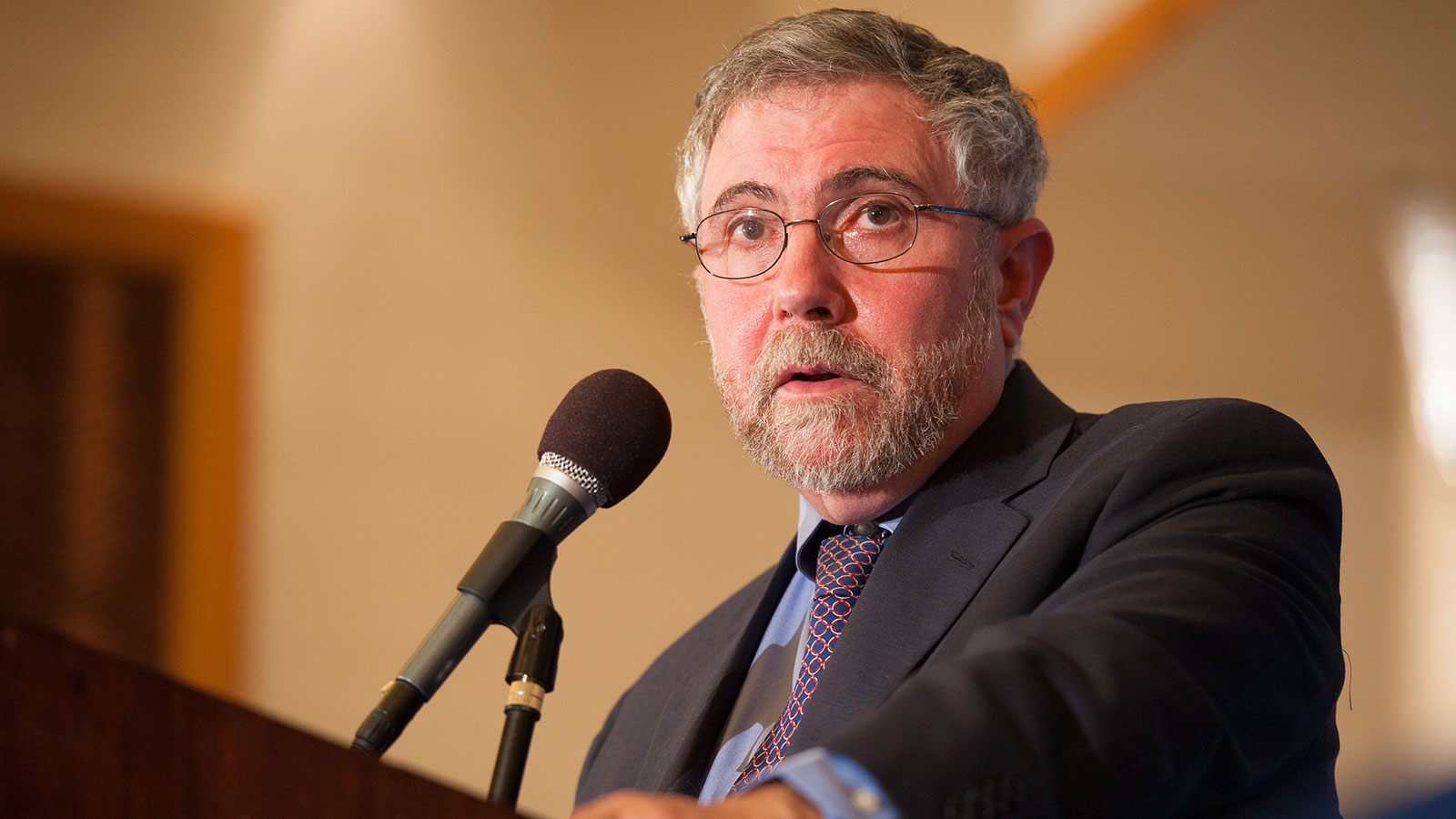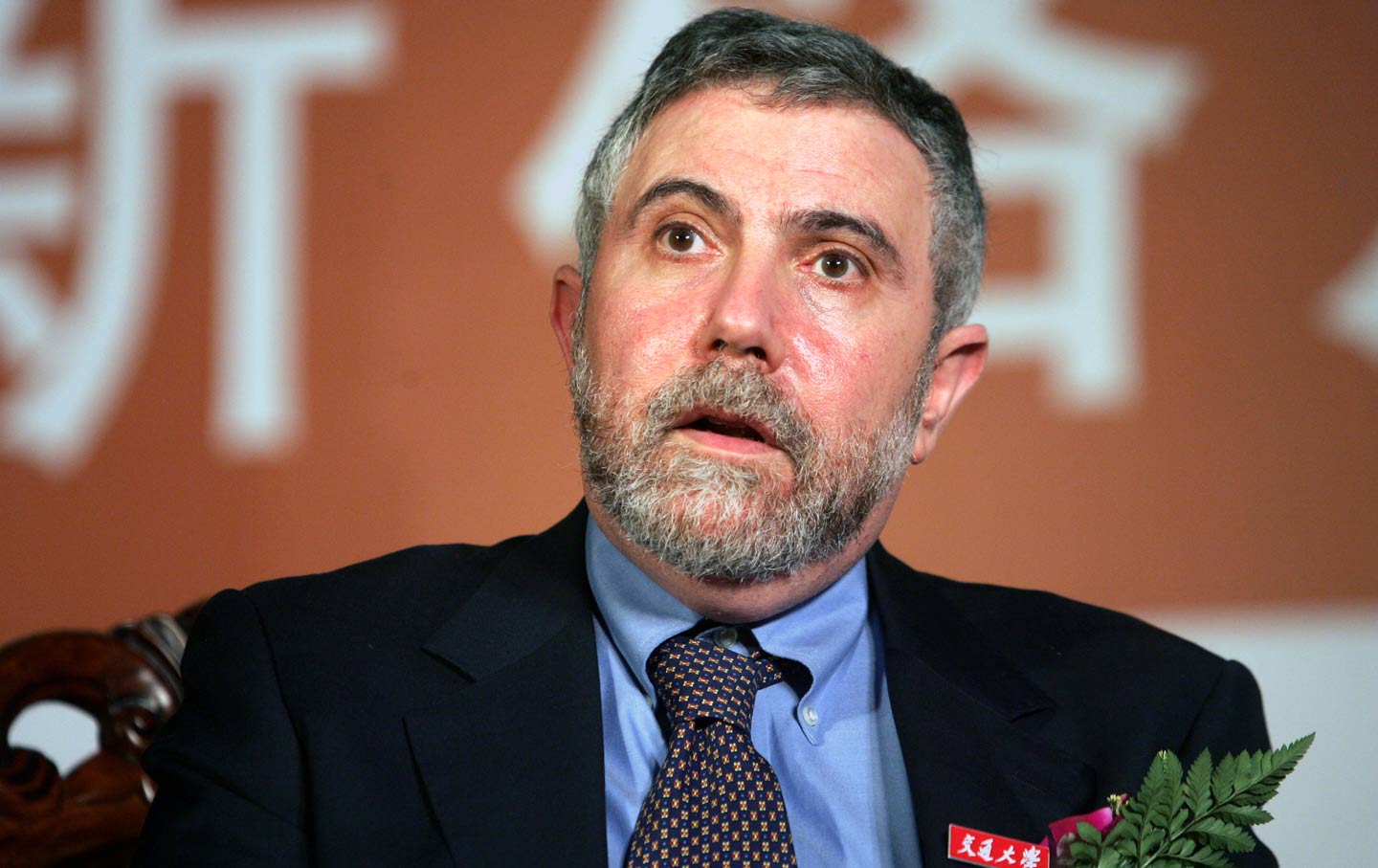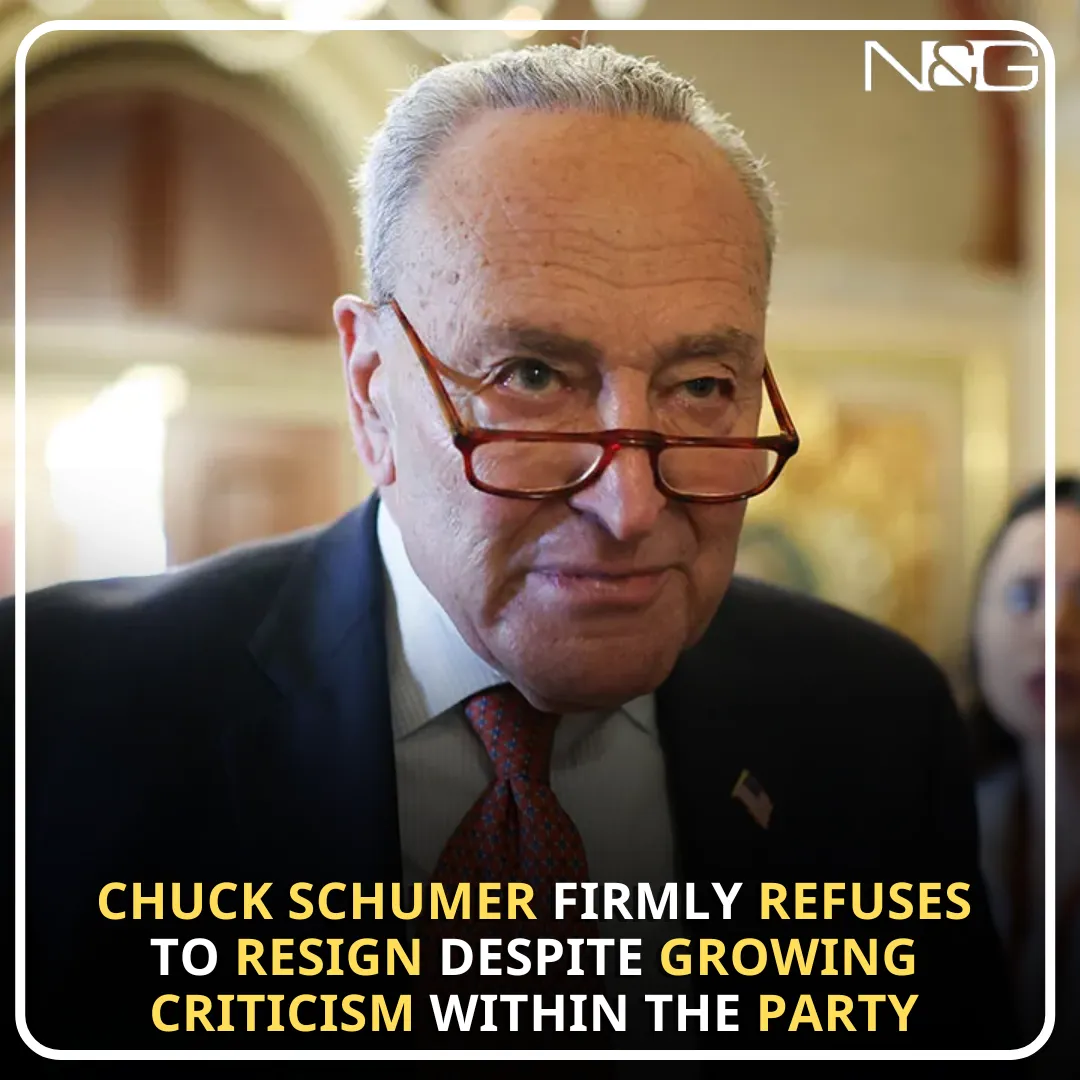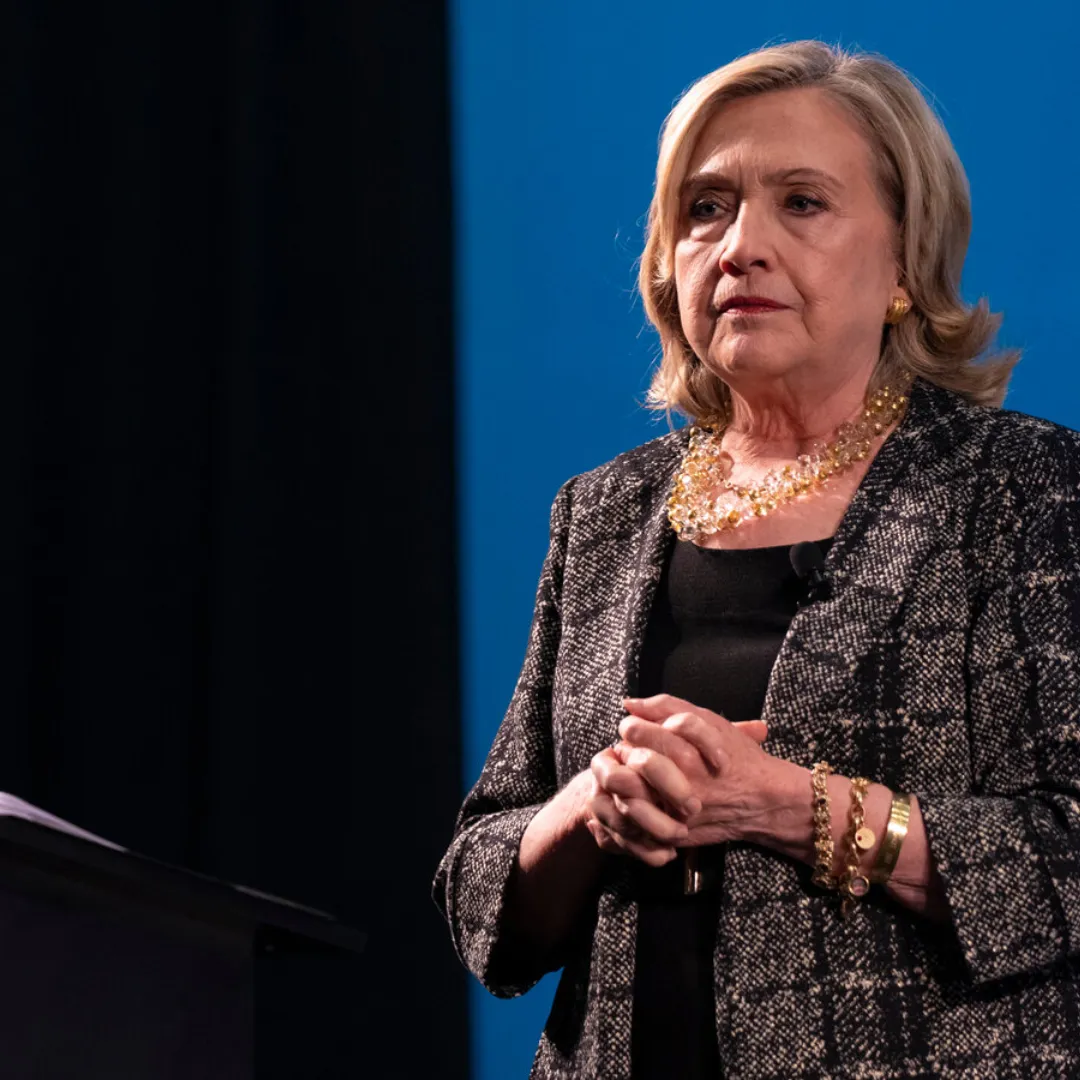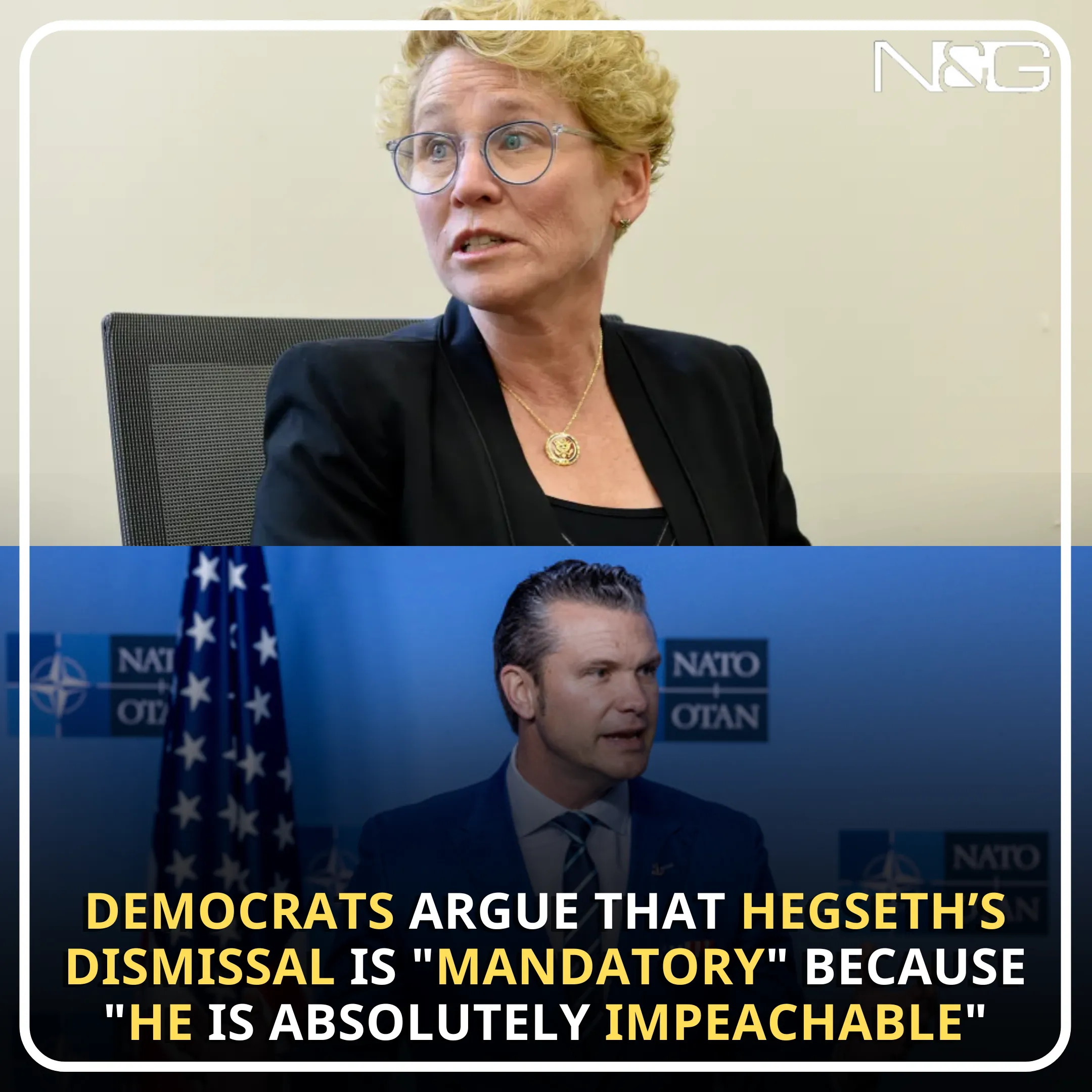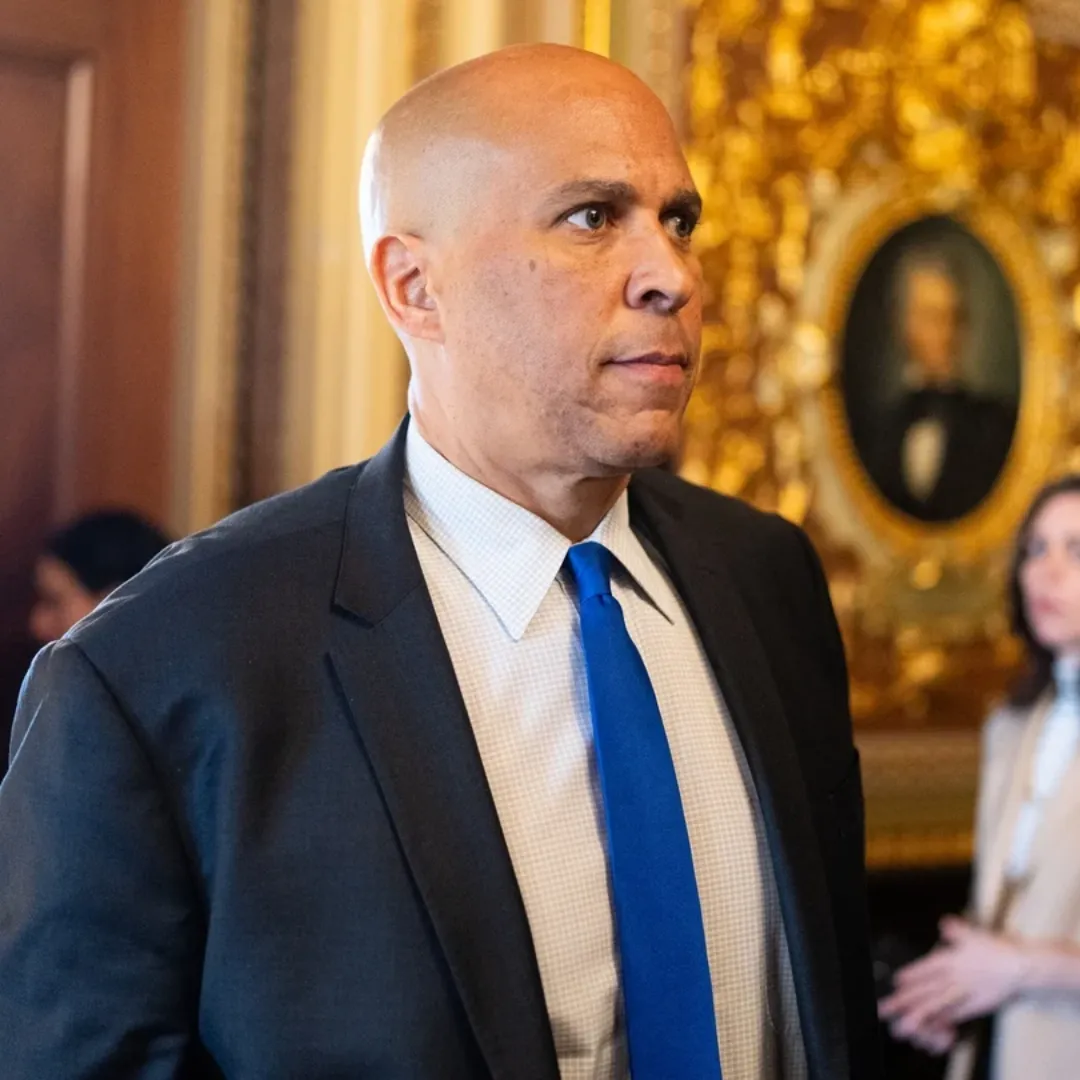Nobel Prize-winning economist Paul Krugman has never been subtle in his critiques of former—and now current—President Donald Trump. But this week, with markets reeling from an unexpected pivot in U.S. trade policy, Krugman took things to a new level.
In a scathing Substack essay titled “Trump Is Stupid, Erratic and Weak,” Krugman laid into the administration’s abrupt decision to impose a 10% tariff on all foreign imports and a 125% tariff on Chinese goods, a move announced just days after pausing a previous round of sweeping tariffs that had already sparked global anxiety.
“Anyone sounding the all-clear on tariffs, or Trump economic policy in general, should be kept away from sharp objects and banned from operating heavy machinery,” Krugman wrote.
The post drew sharp attention not only for its provocative language, but for its dire warnings about the path ahead. According to Krugman and a growing number of economists, the United States is now standing at the edge of a self-imposed financial crisis — and the world is watching nervously.
Trump’s new tariff announcement stunned markets just as they were beginning to stabilize. Following a brief 90-day suspension of trade penalties, which had brought temporary relief to investors and businesses, the White House reversed course and imposed some of the highest across-the-board tariffs in U.S. history.
Krugman, writing shortly after the announcement, said the move doesn’t just disrupt global supply chains — it sows deep uncertainty about the very logic of U.S. economic leadership.
“So are things settled now? Hardly,” he wrote. “The pause is for 90 days. Then what happens? Nobody, Trump included, has the faintest idea.”
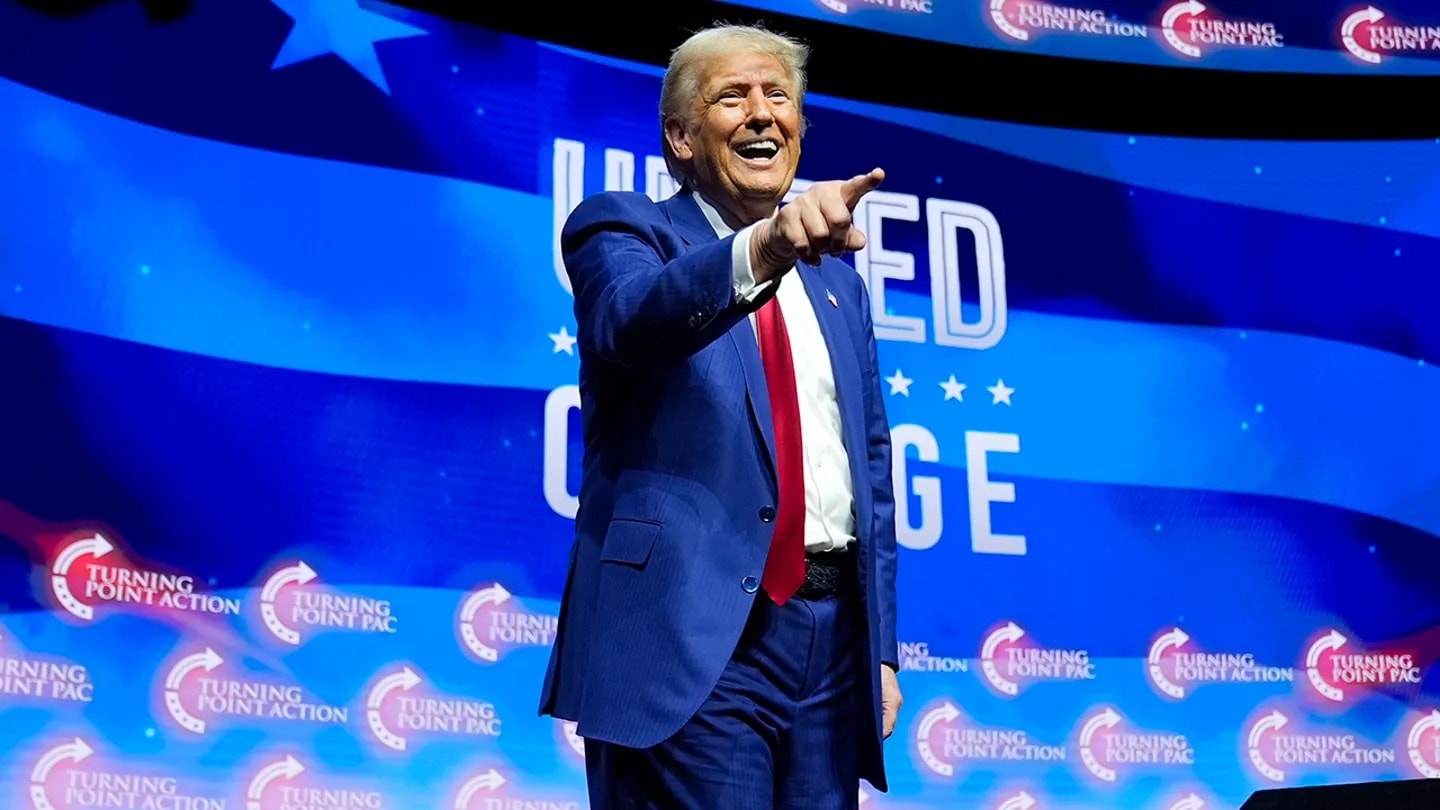
He warned that business owners and executives would be unlikely to make long-term investments or decisions in such an unstable environment.
“If you were a business owner or executive, would you make any major investments or long-term commitments over the next few months?” he asked rhetorically. “I wouldn’t.”
Economists are increasingly concerned that the Trump administration’s policy shifts are creating a feedback loop of instability. Each new round of tariffs prompts short-term market responses, which the administration then reacts to, often with policy reversals or further erratic changes.
“Global uncertainty around Trump’s actions is just as dangerous to the economy as high tariffs,” Krugman emphasized. “It’s not just the size of the tariffs that matters — it’s the unpredictability, the total absence of a coherent strategy.”
He described the current trade environment as the largest self-inflicted trade shock in world history, even exceeding major historical disruptions like the Smoot-Hawley Tariff Act of 1930, which worsened the Great Depression.
Krugman is not alone in sounding the alarm.
Earlier this week, Brent Neiman, a University of Chicago economics professor and former Treasury official under President Joe Biden, wrote in The New York Times that he was "shocked" to learn the Trump administration had cited his own research to justify the new tariff structure.
“They got it very wrong,” Neiman wrote. “My model projected damage at far lighter tariff levels. How on earth did they calculate such huge rates?”
Neiman warned that the administration had misinterpreted the economic modeling, drawing maximalist conclusions from what were designed to be limited, conditional forecasts.
“They are using research out of context to justify decisions that could throw global trade into chaos,” he said.
Former Treasury Secretary Janet Yellen also weighed in during an appearance on CNN, calling the new tariff regime “the worst self-inflicted wound that I have ever seen an administration impose on a well-functioning economy.”
Yellen, widely respected for her tenure at the Federal Reserve and Treasury, said the Trump administration was acting with “breathtaking recklessness.”
“It’s one thing to use tariffs strategically to apply pressure in a negotiation,” she said. “It’s another thing to use them as political theater with no regard for the real-world consequences on jobs, inflation, and international credibility.”
Behind closed doors, major U.S. corporations are scrambling. Retailers and manufacturers who had just begun rebuilding supply chains after the last round of tariffs are once again facing upheaval. Logistics firms, importers, and exporters describe a “stop-start nightmare” of cost recalculations, supplier changes, and long-term contracts in limbo.
A senior executive at a multinational electronics company, speaking anonymously, said the mood in boardrooms is one of quiet panic.
“No one knows what to prepare for. Should we increase prices? Reduce orders? Shift manufacturing to other countries? We’re flying blind,” the executive said.
The National Retail Federation issued a statement urging the administration to reconsider. “Tariffs are taxes on American consumers,” it said. “At a time when inflation is already a concern, this policy will only increase costs for working families.”
Supporters of Trump’s tariff strategy say the administration is defending U.S. industry from unfair trade practices, especially by China. They argue that tariffs level the playing field and promote domestic manufacturing.
But critics counter that tariffs hurt consumers more than foreign governments, and that such policies are rarely effective without coordinated international pressure.
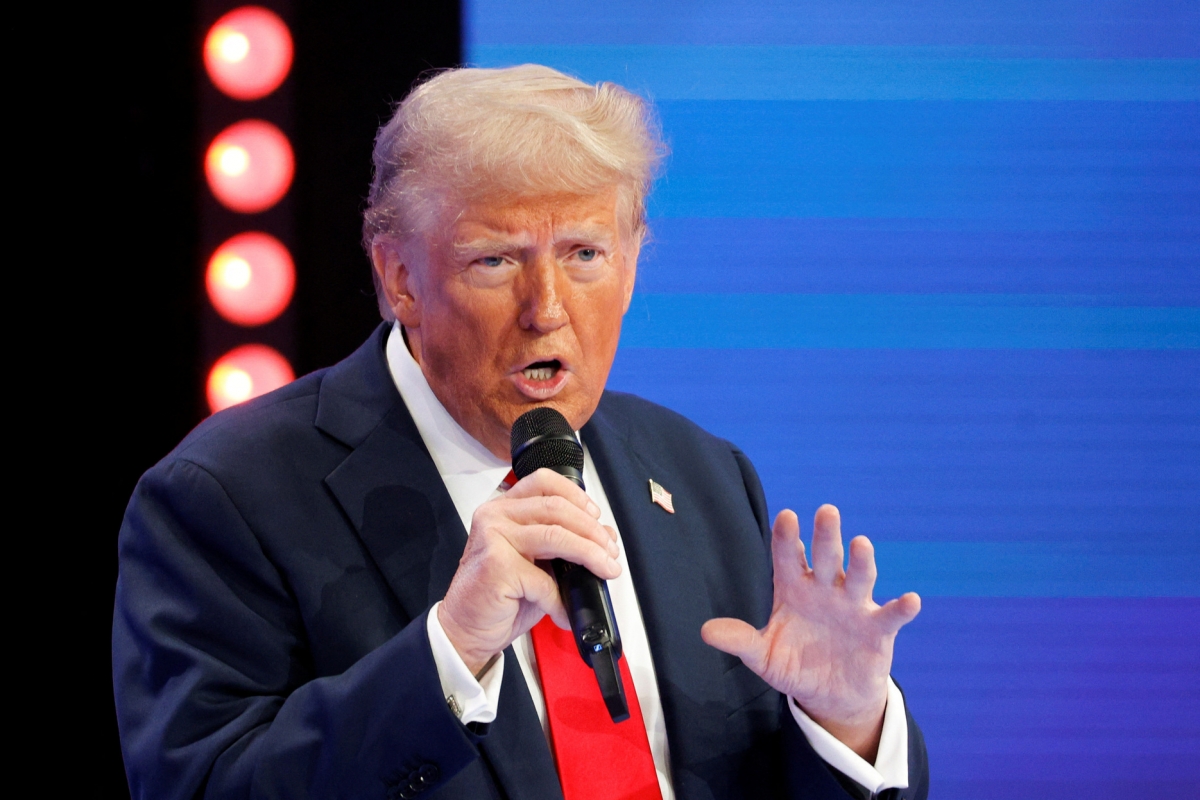
So why the timing?
According to Krugman, the decision may have less to do with economic strategy and more to do with political calculation.
“Trump is trying to project strength at a time when his leadership looks increasingly chaotic,” Krugman wrote. “But what the world now sees is a man who is not only erratic but weak — someone who panics when markets react badly, then reverses himself without admitting it.”
Trump’s defenders often point to past presidents, like Ronald Reagan or even Franklin Roosevelt, who used trade tools aggressively. But economists say those comparisons are superficial.
“What’s missing today is a coherent vision and diplomatic alignment,” said Douglas Irwin, a trade historian at Dartmouth College. “Reagan used tariffs as part of broader, structured trade negotiations. This is just chaos.”
Irwin noted that many of Trump’s trade moves appear to be untethered from any measurable objective — there’s no indication of what would count as “winning,” no clear benchmarks, and no systematic negotiations with trade partners.
“It’s one thing to use leverage. It’s another to use it blindly and publicly,” Irwin said.
Wall Street reacted to Trump’s latest tariffs with a volatile mix of panic and speculation. Stocks initially plummeted, especially in sectors reliant on imports: automotive, electronics, retail, and construction. Then, after Trump briefly paused the tariffs, the market surged — only to sink again after the new, harsher terms were announced.
This whiplash effect has created a situation where investor confidence is extremely fragile.
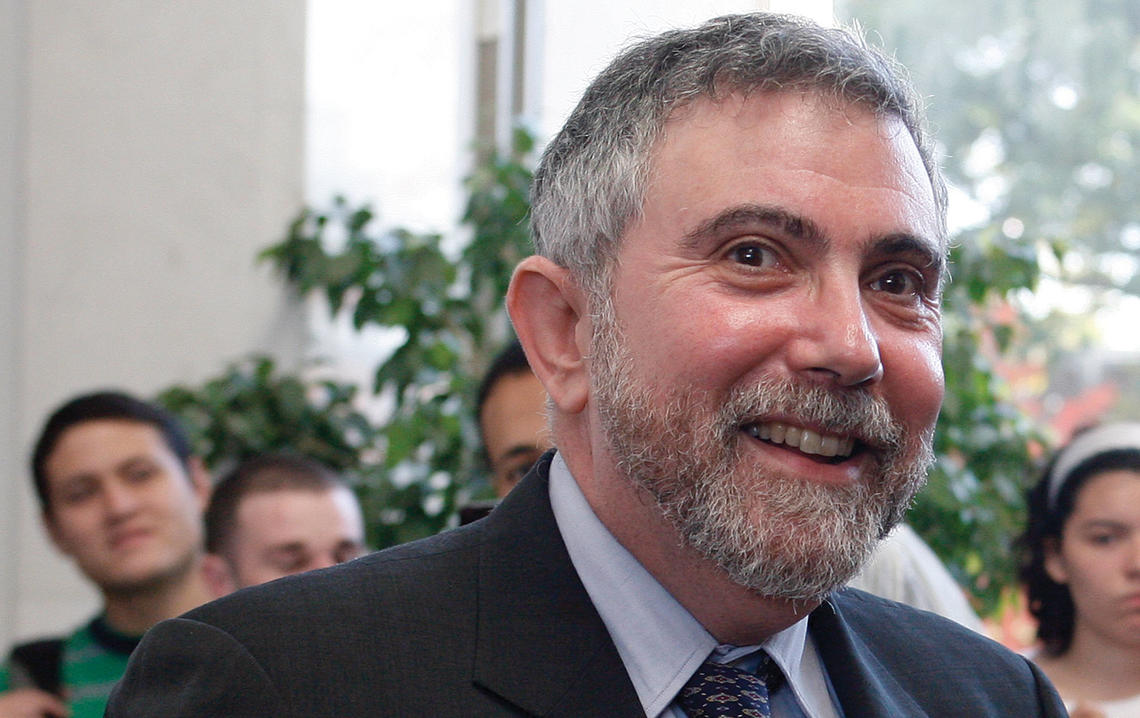
“Volatility is now the default,” said Rachel Abrams, a senior analyst at Fidelity Investments. “No one wants to hold long-term positions when the rules can change in a tweet.”
She noted that bond markets are also showing signs of stress, with Treasury yields rising as investors seek safety abroad.
The international response has been predictably sour. European leaders, who had hoped the 90-day pause would mark the beginning of normalized trade relations, expressed deep frustration at the reversal.
China responded with rhetorical restraint but hinted at countermeasures, including potential bans on key U.S. agricultural products and the acceleration of trade ties with Brazil, Russia, and Iran.
Global institutions, including the World Trade Organization, warned that continued U.S. unpredictability could undermine the international trade system itself.
Nobody knows. And that, according to Krugman and other experts, is the most dangerous part.
“The uncertainty is toxic,” Krugman wrote. “It’s not just bad policy — it’s the destruction of policy itself.”
Trump has hinted at further announcements to come, and there is speculation that more tariffs, exemptions, and reversals could be in the works depending on how markets respond — or how political narratives unfold.
For now, businesses are left holding their breath. Economists are raising red flags. And the world is watching America wobble on the tightrope of its own making.
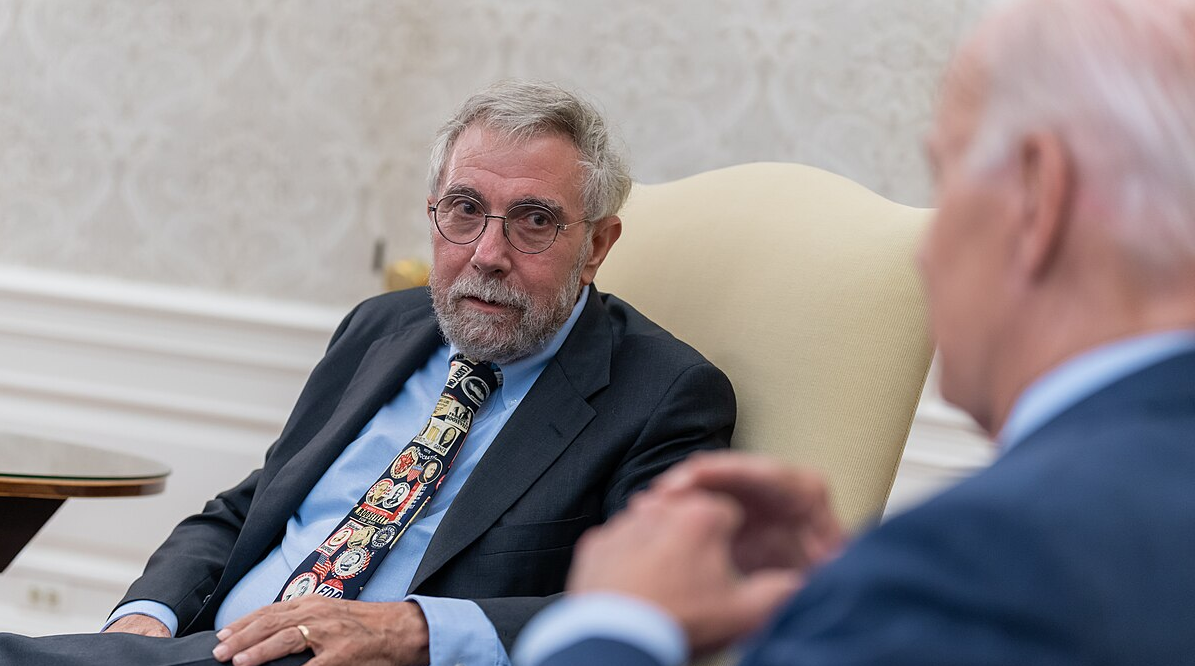
As Trump continues to operate the levers of trade policy almost single-handedly, critics warn that the damage may already be done. The erosion of trust, the collapse of predictability, and the growing fear that America is no longer a stable economic partner are all part of a broader crisis of governance.
Whether Trump’s tariffs are part of a larger plan or just momentary theatrics, the effect is the same: a nation gripped by uncertainty, an economy caught in turbulence, and a president increasingly described not just as misguided — but, in Krugman’s words, "stupid, erratic, and weak."
